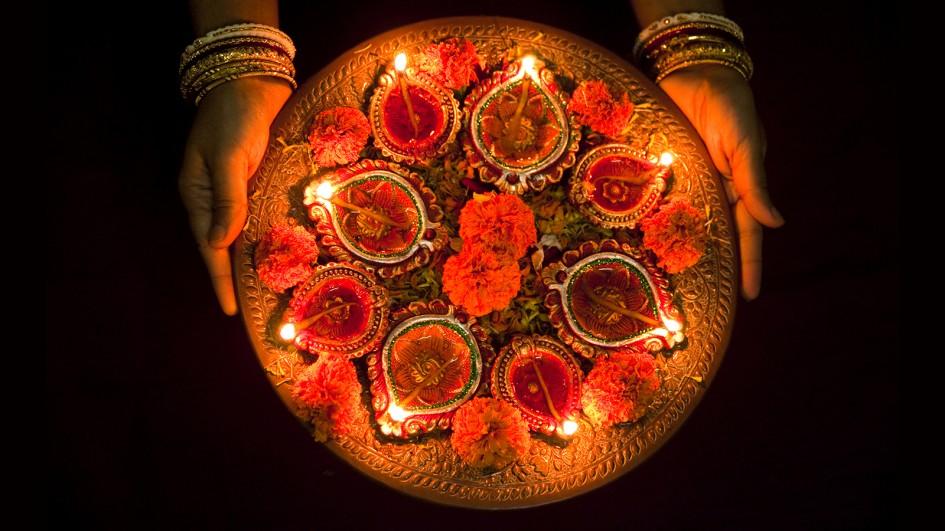Numerous Hindu devotees every year on the 14th day of the dark fortnight in the month of Aipassi (October) rejoice the victory of good over evil.
Roots of Deepawali
The word Diwali or Deepawali stands for “rows of clay lamps” and the mythical story behind Diwali is a holy quest to ancient times of the world. According to Hindus, Lord Rama was the seventh incarnation of Lord Vishnu. He was a stout-hearted warrior who was exiled by his father Lord Dashratha, the ruler of Ayodhya along with his beloved wife Sita. Lord Rama returned to Ayodhya, his own kingdom after fourteen years of exile once defeating the evil Ravana and bringing an end to the realm of his evilness. Numerous flickering clay lamp rows were lighted up to welcome Lord Rama to his kingdom, Ayodhya and to celebrate the fateful victory over Ravana. Therefore, Hindus consider Diwali as an occasion to honor Rama’s legendary conquest over Ravana. Diwali is a reminder of the eternal truth that ‘evil never lasts’.
Deepawali for Sri Lankans
The auspicious ceremony begins with devotees waking up early in the morning and taking a head bath. Hindus believe that the amount of water used for bathing prior to sun rise is equal to the spiritual merit gained by bathing in the holy river “Ganga”. Afterwards they clad in new clothes and engage in religious worship. For Hindus Diwali is an auspicious day for house warming, business activities any other such good causes. They write the holy letter of “Sri” in a triangular pattern on their business documents and journals and place before the pictures of Goddess Lakshmi believing that their businesses would flourish.
In an era where people live ninety nine lives, Diwali is an occasion that brings a break to their hectic lifestyles and sets up a festive air to mingle with family, friends and relatives. Diwali strengthens bonds and inculcates new relationships. Children anticipate Diwali because it treats their sweet tooth with scrumptious delicacies and light up their play grounds with fire crackers. For Hindu women, Diwali is an opulent occasion full of exotic sarees and shimmering gold jewelry. Newly wedded couples usually celebrate Diwali in grand scale. They are presented with lavish gifts from their in-laws.
Diwali for Indians
In India where the majority of the population represents Hindus, Diwali is a national festival of the country. Indians celebrate Diwali for days and their celebrations are extremely extravagant. Their celebrations vary from region to region but still Diwali is India’s most vibrant and glamorous extravaganza.
Let there be light!
As the lights of clay lamps cast out the dusk on Diwali day, our love and forgiveness towards every human being would shine out of wrath and outrage.


